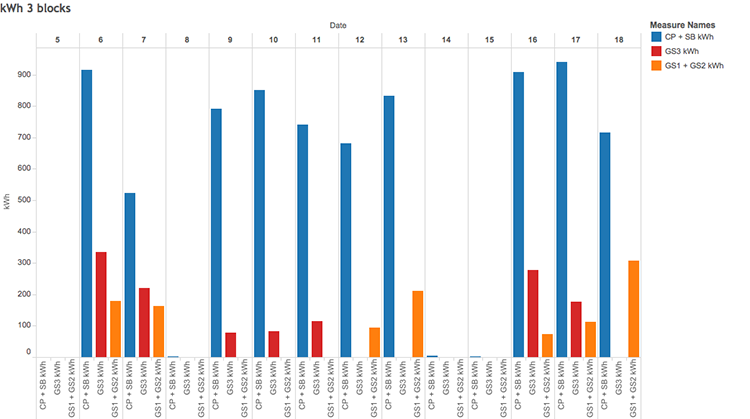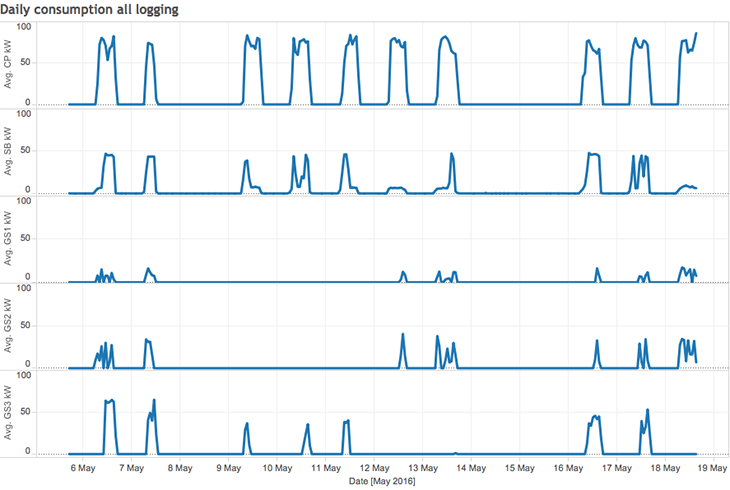
Barossa Quarries Case Study
Barossa Quarries (BQ) is a privately owned quarry in Angaston, South Australia. The quarry is a large user of electricity. The electricity grid is unable to meet their supply needs, so they are required to use diesel generators to provide additional power – a costly and frustrating exercise.
The quarry was notified of an impending change to their tariff, meaning that their electricity supply costs would increase significantly. BQ engaged Tandem Energy to develop and implement strategies to increase efficiency and reduce electricity costs.
Our first focus was to collect reliable, real-time data to determine current energy usage. Portable data loggers were installed at the site for 14 days to collect information on electricity consumption, demand, and power quality. The data loggers captured data for the grid-connected loads and all three diesel generators on site. This data collection enabled an accurate understanding of site energy consumption patterns and demands.
We then analysed this information to identify the various opportunities, costs, and potential risks to the business.

Reducing bill shock
Reducing the inevitable shock of BQ’s quarterly bill was a high priority, so after analysing their existing cost of electricity, we were able to identify the optimum tariff available. We liaised with the energy retailer/network to negotiate the best deal and saved them $5000/year just by changing their tariff structure.
Poor power quality was also identified as contributing to electricity costs. Installing power factor correction equipment (an initial outlay of $16,000) has reduced electricity costs by $4800/year.
Using less energy
Data logging highlighted that two large dust extraction motors used 65% of the electricity at the site. Installing variable speed drives on these motors was projected to save 87,000kWh/year and improve the durability of the motors. With an initial outlay of $34,000 and potential savings of $21,000 per year, this investment is paying for itself in just 1.4 years!
Creating reliable energy supply
We determined that running of diesel generators to supplement BQ’s energy supply was costing the business 47c/kWh, compared to grid costs of 24c/kWh. This enabled us to decide that the cost of connecting more of the site to the mains electricity grid was financially viable for the business.
In summary
Developing a strategic plan to reduce energy consumption was a key focus in the energy audit, and operational adjustments, staff behavioural changes, solar PV installation and technical upgrades totalling $385,000 were recommended. These upgrades are projected to save more than $88,000 per year.

